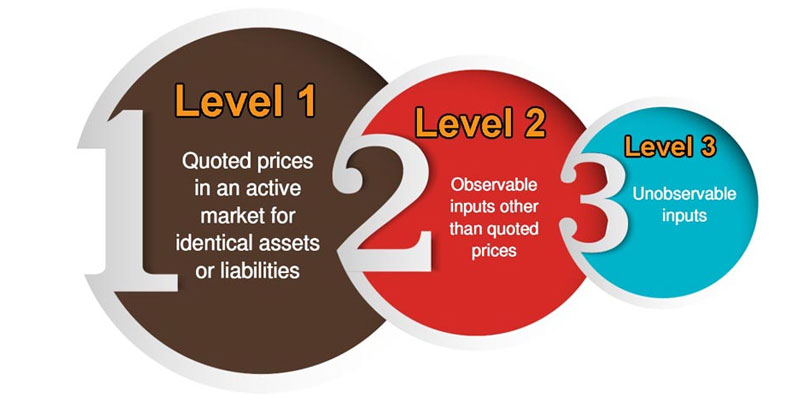Day traders are acutely aware of events that trigger short-term shifts in the market. Trading in response to breaking news is a common strategy. Expectations in the market and market psychology influence the timing of scheduled releases, such as economic data, business profits, or interest rate changes. When such expectations are not fulfilled or are surpassed, the markets respond in a generally quick and dramatic way, which may be quite beneficial to day traders.

How the Day Trading Process Works
Volatility is the term of the game when it comes to day trading. Day traders make their money mostly by profiting on volatility in the stock or stock market. They like companies that fluctuate a lot during the day, regardless of the reason for the fluctuation: a good or terrible earnings report, positively or negatively news, or just the overall mood of the market. They also choose highly liquid equities, which enable them to enter and exit a position without significantly impacting the stock's price over time. Day traders may buy a stock if it is rising in value or sell it short if it is falling in value in an attempt to profit from a stock's decline. So what are the top day trading risks?
Financial Loss
Depending on how one chooses to approach the trading day, one trading day may result in losses of hundreds to thousands of dollars — and even millions of dollars. It is also possible to lose the whole amount invested (the principal), including any money borrowed from a margin account, which must be returned with interest and gain nothing at all. There may be techniques that make sense for certain investors, in which investment losses may be utilized to balance the taxes owing on capital gains and vice versa.
Trading on Margin — and Suffering a Loss
Using borrowed money to participate in popular tactics such as short selling and forex trading, as previously stated, is a typical practice among day traders. By borrowing money from their brokerage account and placing larger bets, day traders can increase the size of their winnings. Because of the method in which leverage is used, investors have the possibility to triple their gains. Still, the losses may also be significant — and the money borrowed must be paid back with interest.
Addiction
Taking part in day tradinghas the potential to result in psychological addiction. As with a gambling habit, the ability to create enormous sums of money in a short period leads to a desire to continue, regardless of whether you're having a good day or a bad day. Being hooked to day trading has serious ramifications, particularly if you're dealing with borrowed money or money that you can't afford to lose in the first place.

A Lack of a Well-Defined Strategy
Professional day-trading organizations use sophisticated computer algorithms and adhere to tight investing guidelines to optimize their revenue. The majority of home-based day traders, on the other hand, just purchase and sell equities they like. Even though this is a good short-term plan for day traders, it is not a viable long-term strategy. If you want to increase your chances of making money day trading, you'll need to put buy and sell strategies in place and follow them strictly. Day traders might lose money if they don't set clear criteria for entering and exiting the market.
Restriction on the Ability to Trade
The practice known as "pattern day trading" is prohibited by the majority of major brokerages. A pattern day trader is defined as someone who regularly demonstrates the traits of day trading. It is possible to implement pattern day trading limits even at the online trading platform Robinhood, one of the pioneers of zero-commission trading and a haven for day traders. You must have at least $25,000 in your account with Robinhood to escape these limits, although various brokerage companies may have varying minimum balance requirements. Make certain that you are aware of any constraints that your company may have before starting a career in day trading.
Tax Burden
Returns on assets held for less than one year, on the other hand, will be taxed at the same rate as regular income, regardless of the amount earned. Thus, gains from day trades are subject to a higher tax rate than income from long-term investments since they are considered short-term profits.



